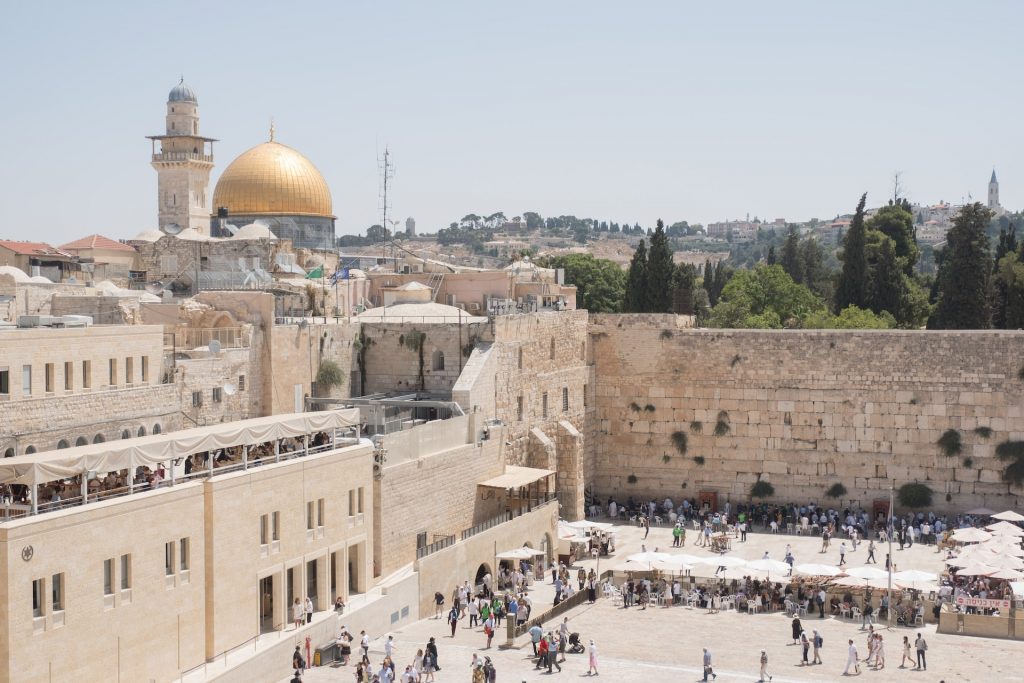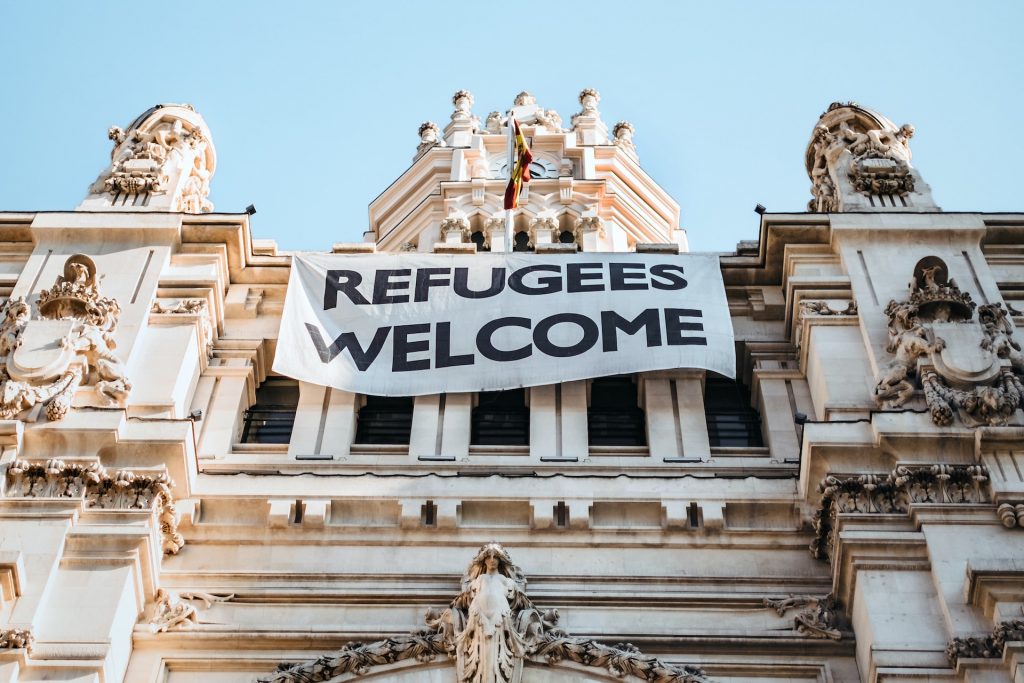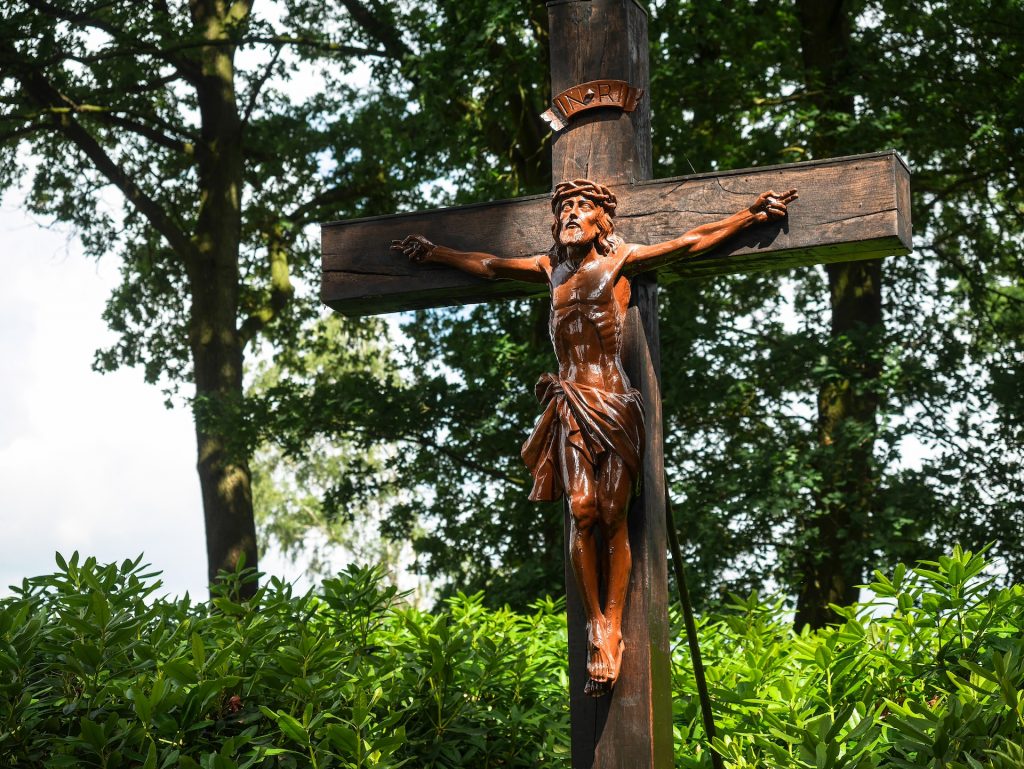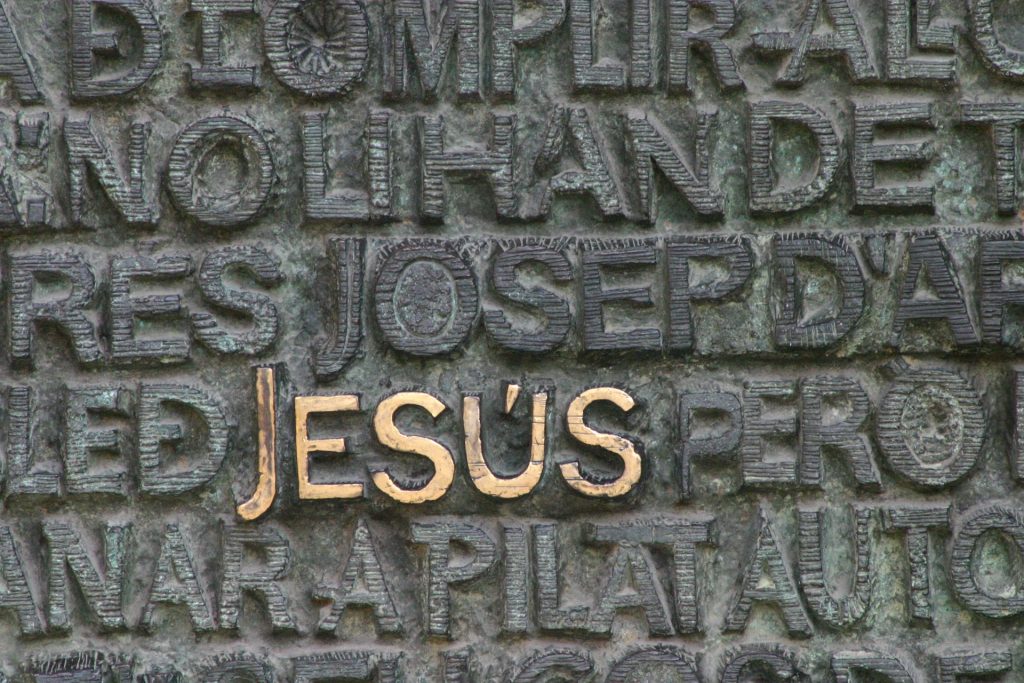I have been blessed to have celebrated many baptisms in my short time in Ministry. Pam and I also co-ordinate the Baptism Preparation Programme for Holy Ghost Parish with support from other parishioners. One of the key things we try to get across during our sessions; and also, during the Baptism Service; is that the parents and Godparents have to lead by example as they teach their youngsters in the ways of the Faith.
The readings today are a reminder for all with responsibilities in the Church that we must live our life in Christ. In our first reading the priests in the days of Malachi are warned that they must glorify God and not seek glory for themselves. They are also reminded of their responsibilities and the harsh punishment that awaits them if they lead anyone away from God.
The psalm is a beautiful psalm to pray during this month of November. What a lovely thought to have our soul resting in peace in the presence of the Lord. We remember all of our loved ones who have gone before us; hoping and praying that their souls are resting in His presence.
In St Paul’s letter to the Thessalonians, we hear St Paul, like a proud parent, reminiscing on how the Thessalonians were nurtured and how that nurturing allowed them to grow in Faith. He is so thankful that they listened and accepted what they were taught as coming from God, allowing God’s message to be a powerful presence in their lives.
How does God’s presence influence or guide our lives?
Would the person [or people] who taught us about God be able to recognise that we have accepted the Good News; as coming from God?
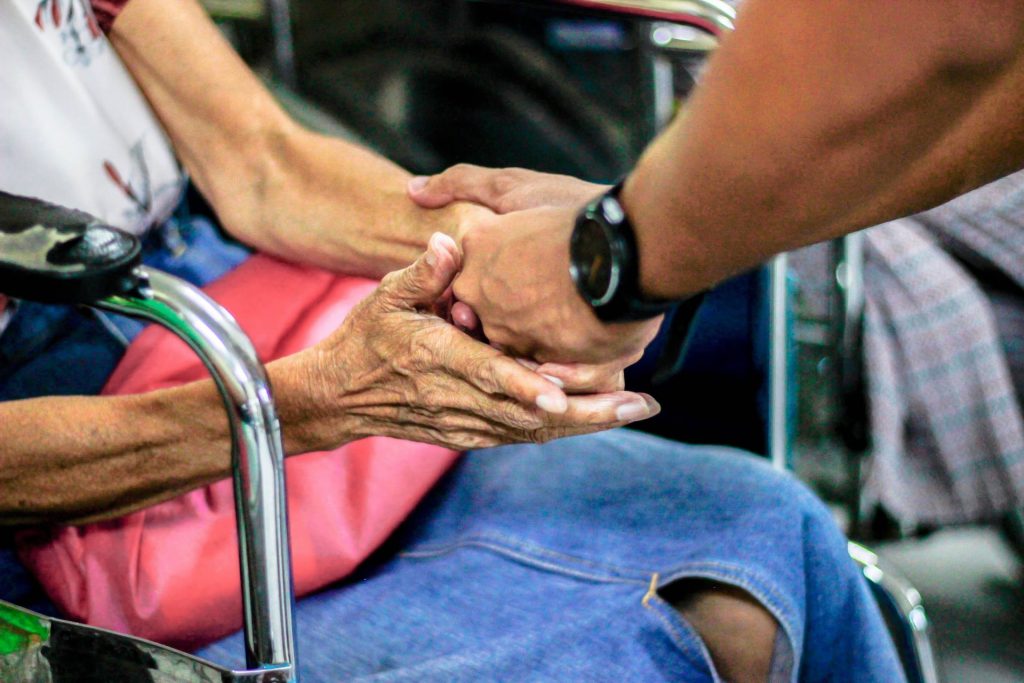
If I am honest, there are often times when I try to get by under my own power, and then I wonder why I struggle. These are the times when I need to remember that I am an adopted Son of God and that by communicating with my Father in Heaven I can achieve far more than trying to do things by myself. There are also times when I let my frustrations get the better of me and those around me would fail to recognise that I am a man of God; accepting Jesus Christ as my Lord and Saviour.
In today’s Gospel, we hear Jesus criticise the scribes and Pharisees again. This time it is in their attitude to the people they serve. Jesus identifies that these men were ‘Lording it’ over the people, giving them additional rules to follow and doing things just to be seen. To attract attention, making themselves the focus of the people’s attention and not God.
Pope Francis has spoken out several times during his Pontificate about Clericalism being a great danger to the Church. Clericalism – defined as ‘an effort by clergy to enhance their influence in non ecclesial affairs; an approach to pastoral and theological problems that seeks to concentrate everything in the hands of the clergy.’1 Clericalism endangers the relationship between the clergy and the laity. As a deacon I am called to serve; I don’t always get it right, but I try to reach out to the people I am called to serve and be with them.
As a member of the clergy, I need to consider if there are ever times when I ‘Lord it over’ the people I am asked to serve or do I ever put on an air of superiority rather than love my neighbour? For me, I hope I never find myself in this position, and today’s readings are a reminder for me that I should never put myself above the people I am called to serve.
Of course, these are not just questions for the clergy, we all need to ask ourselves –
Are there times I Lord it over other people? And
Do I ever see myself as superior to the people in need I am called to serve?
One of the ways I can be with the people I am called to serve is in the way we have partnered with Christians Against Poverty. Last Thursday night we started the four-week coaching sessions on managing money. I was delighted with the turnout for this initiative and thankful that St Bede’s have begun hosting such an important event, reaching out to help empower people who need a little bit of support. There are more sessions planned in the New Year and if you know anyone who would like to manage their money better, then put them in touch with Christians Against Poverty through the link below or email me on adarroch@portsmouthdiocese.org.uk
Further Reading
The Catechism of the Catholic Church
Thirty-first Sunday in Ordinary Time
CCC 2044: moral life and Christian witness
CCC 876, 1550-1551: priesthood for service; human frailty of leaders
For more information on Money Coaching Money coaching | CAP UK | CAP UK
Please keep in your prayers this week
- Those who are sick, those recovering from surgery, those who are dying, the recently deceased and those who mourn.
- All those struggling to feed their families at this time.
- Those working to help others who are struggling with the cost-of-living crisis.
- Those discerning a vocation and those considering coming into the Catholic Church.
- The success of the Money Coaching sessions, which have started at St Bede’s.
1 Gerald O’Collins SJ & Edward Farrugia SJ, A Concise Dictionary of Theology, [T&T Clark, London, 2000]45.
